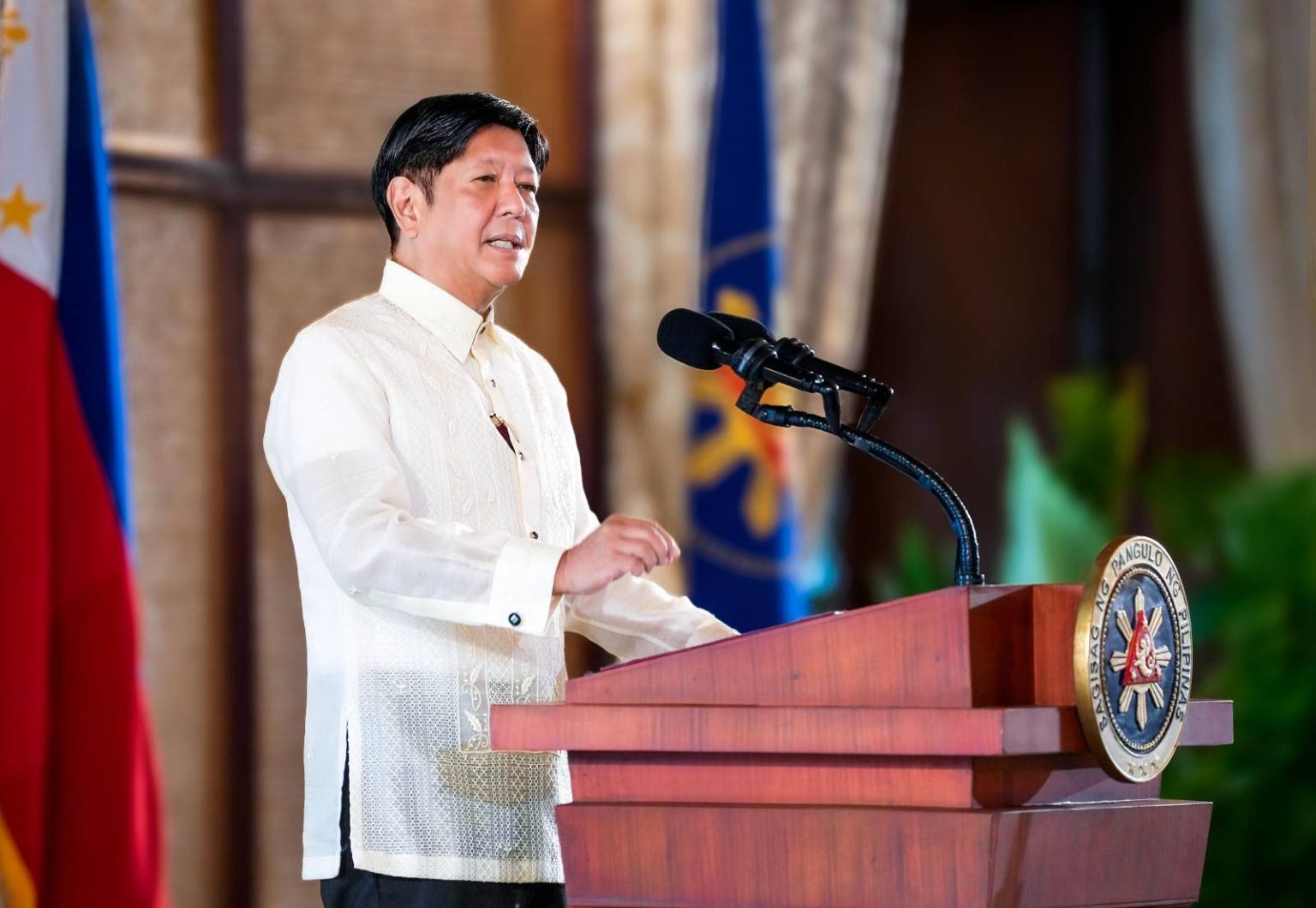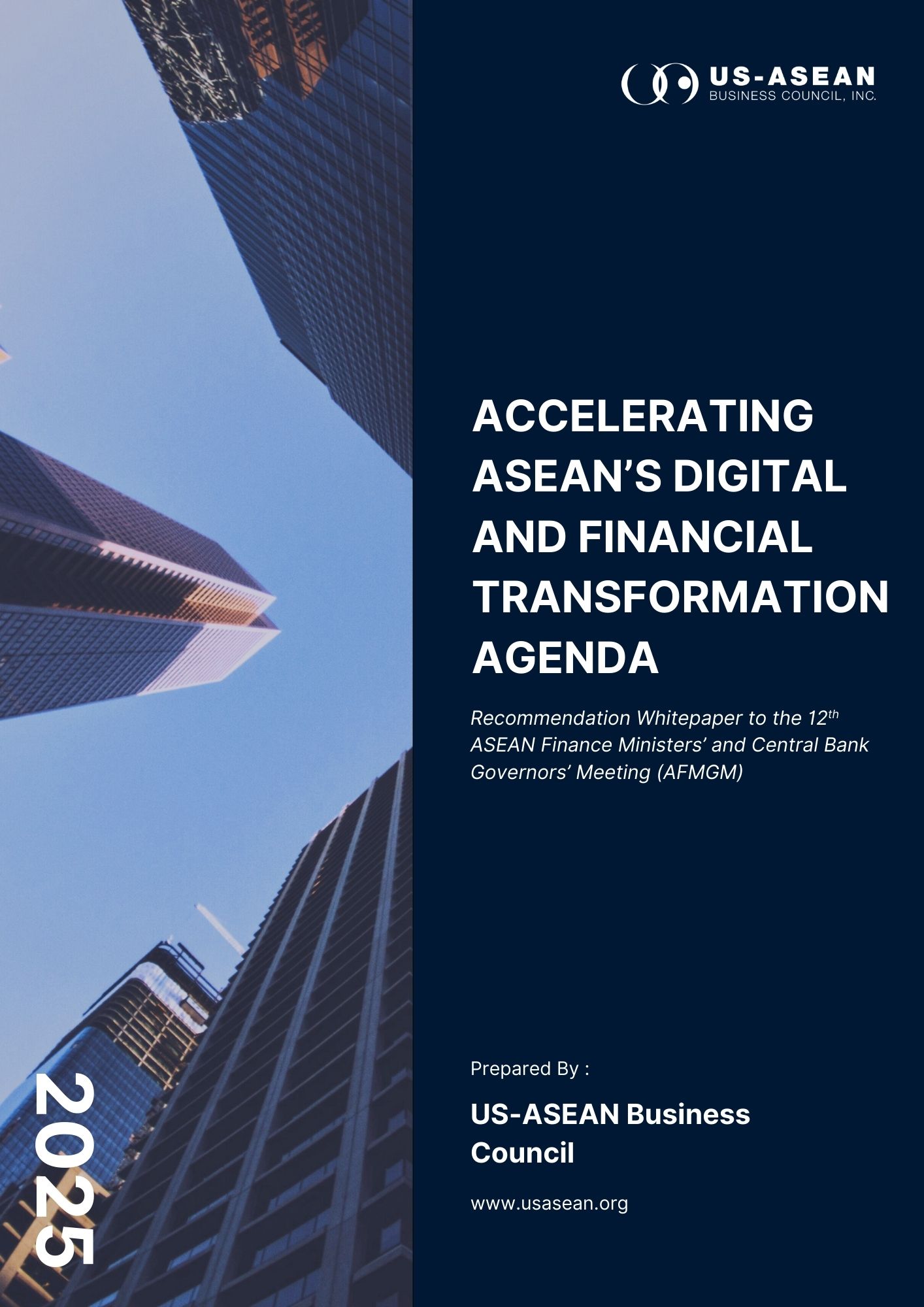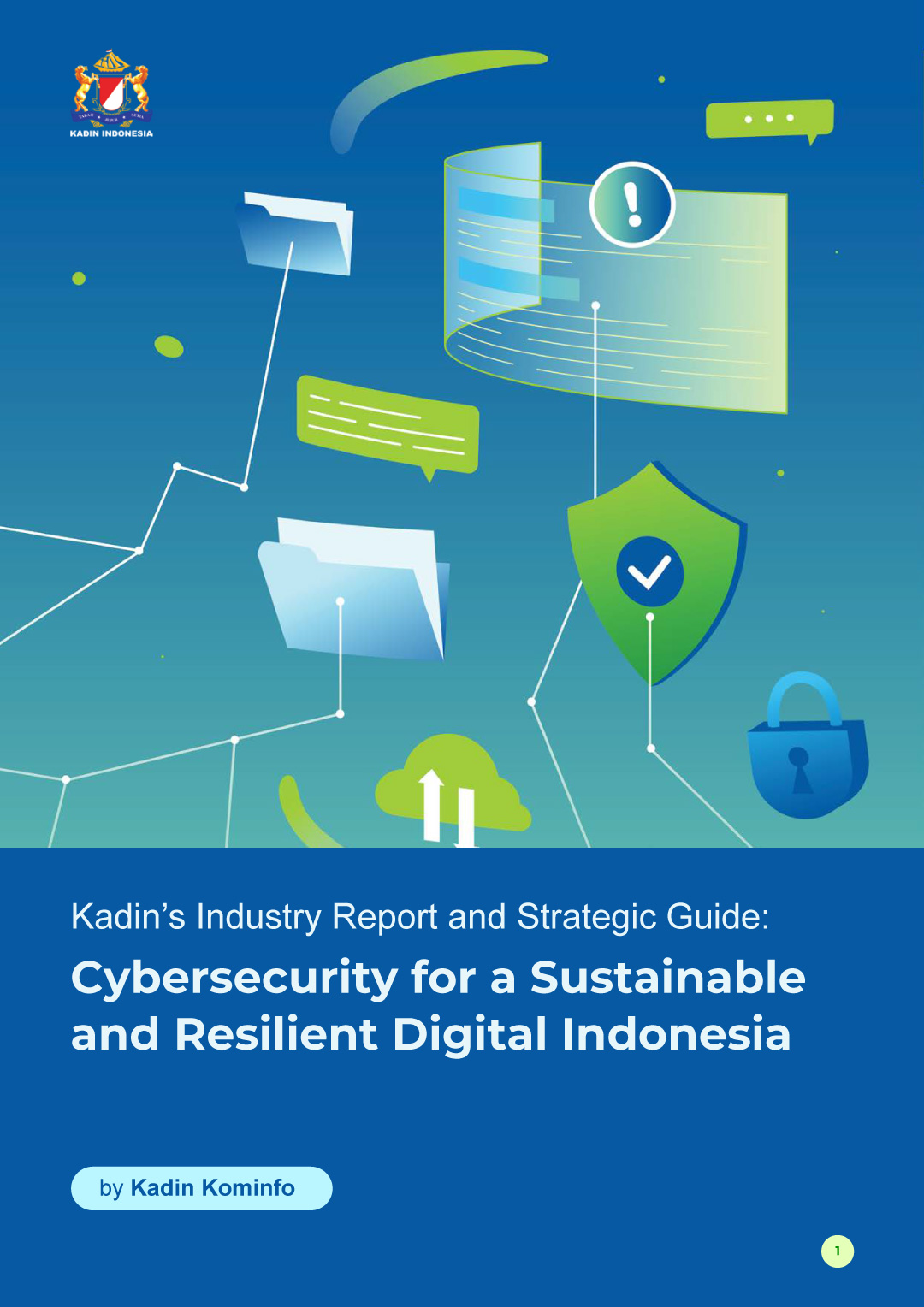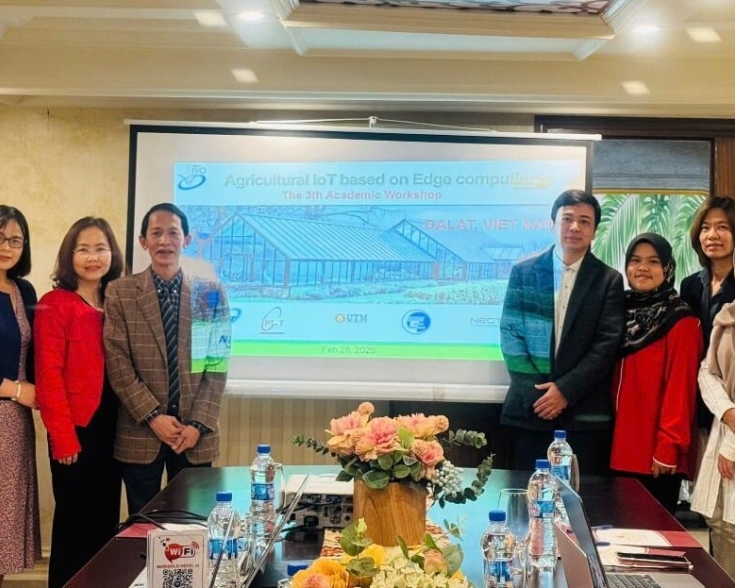Philippines Enacts Value Added Tax (VAT) on Digital Services, Significant Implications Expected

On October 2, President Marcos Jr. signed into law Republic Act 12023, more commonly known as the VAT on Digital Services, which will impose a 12% VAT on resident and nonresident digital service providers (DSPs) on digital services consumed in the Philippines. The law is set to generate between PHP 80 to 145 B from 2025 to 2028 from subject taxpayers including providers of digital content such as movies, music, images and information; electronic marketplaces; online licensing of software, mobile applications, videos and games; online advertising spaces; search engine services; social networks; as well as webcasts and webinars, among others.
According to the Philippine Government, the law aims for a more equitable tax compliance for both local and foreign businesses in the Philippines by strengthening and streamlining the authority of the Bureau of Internal Revenue (BIR) to collect VAT on digital services on equal terms. Furthermore, the newly signed regulation aims to promote competition and trade between both local and foreign DSPs, ultimately benefiting consumers with improved services and fairer pricing.
While 12% VAT is expected to create competition between local and foreign providers while generating revenue for government to investment in local creative industries, analysts argue that this tax may raise the cost of digital services, affecting their affordability and accessibility for consumers and businesses. In late October, US based Computer and Communications Industry Association (CCIA) and Consumer Technology Association (CTA) expressed worry over the digital tax regulatory landscape, citing it could hinder operations by creating unworkable requirements. For its part, the BIR assured consumers that the regulation will have no major impact on their subscriptions to digital platforms.
The implementation of VAT on digital services in the Philippines marks a significant shift in the country’s taxation system, reflecting a growing trend of adapting tax policies to the evolving digital economy and aligning with global trends as more countries move to tax digital services. The IMF acknowledged the importance of such tax reforms in the country's broader fiscal consolidation efforts, as the Philippines navigates its economic recovery and strengthens its tax systems to ensure long-term sustainability. The President encouraged DSPs to work together with the government in these efforts to promote fair competition. On October 30, the US-ASEAN Business Council, together with AMCHAM Philippines and the Asia Internet Coalition, provided initial comments and recommendations to the Department of Finance (DOF) on the proposed Implementing Rules and Regulations of the VAT on Digital Services Law.









